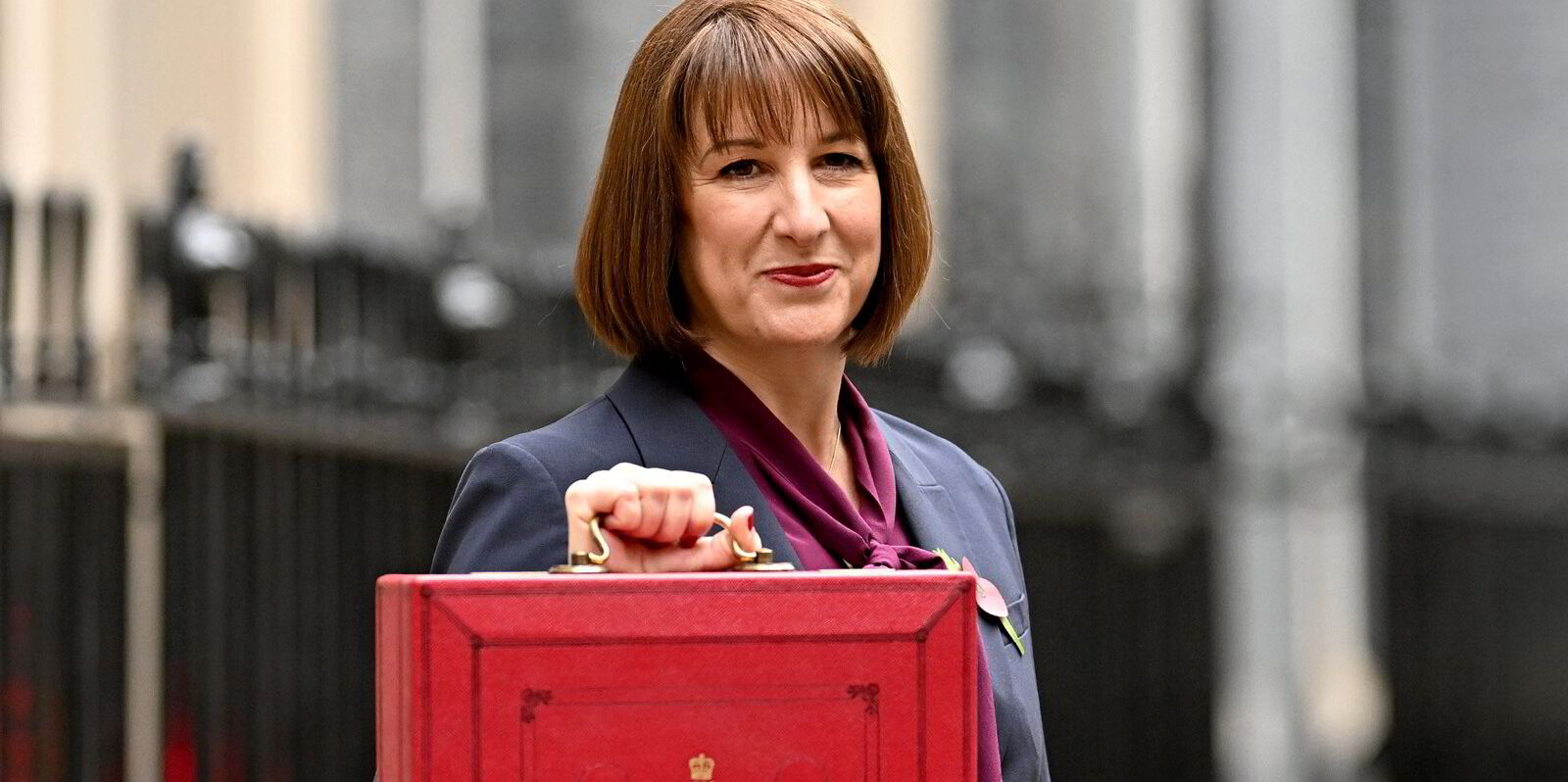The UK’s Labour government is scrapping a tax break for wealthy foreign shipowners living in London.
Chancellor of the Exchequer Rachel Reeves said the non-domiciled, or non-dom, regime will disappear from April.
Instead, she is introducing a residence-based scheme with internationally competitive arrangements for those coming to the country temporarily.
Non-dom status has often been used by billionaires who live in London but do not consider Britain their permanent home, with foreign income and gains exempted from UK tax.
Hannah Dart, a lawyer at Mishcon de Reya, said: “International individuals in the UK will be pleased that, at long last, further details on the proposed abolition of the non-dom regime have been published, including draft legislation, so that they may plan their tax affairs with certainty.”
“That said, with 103 pages of draft legislation to digest, there is a lot of detail to work through,” she added.
Dart believes an important concession from previous announcements is a softening of the 10-year “tail” of inheritance tax exposure originally proposed to apply to all long-term residents.
“For many of our international clients, such a lengthy period of ongoing exposure to worldwide inheritance tax after ceasing UK residence was a deal-breaker when deciding whether to remain in the UK or not, so we expect this change will be welcomed by them,” the lawyer said.
In March, the previous Conservative government had tightened the UK’s regime.
The last big shake-up was in 2017, when a 15-year “cap” was introduced, limiting the number of years a non-dom could benefit under the rules. This was cut to four years.
Sensitive subject
It is a sensitive subject, with shipping players unwilling to speak on the record.
But TradeWinds is told London-based shipowners now tend to use family trusts more than their non-dom status to shield wealth from the tax man.
This means any effects from the ending of the regime could be limited.
The UK may have the oldest non-dom regime in the world, dating from 1799, but there has been increased competition in this space, TradeWinds is told.
Wealthy individuals may look to Ireland, Italy, Greece, France and Spain as alternatives.
The status most typically applies to the London-based Greek shipping community, but tycoon John Fredriksen is also a resident.
Although the Greek presence has faded over the past two decades, it is still considered vibrant.
The cluster has included high-profile names such as AM Nomikos, the Samonas brothers, Lykiardopulo, George Logothetis and Seven Seas Maritime.
TradeWinds reported that the previous change in 2017 prompted some companies to move out.
It was commonly known that the Greek community in London tried to lobby the UK government before and after the 2016 Budget announcement.
Back then, a leading UK-based Greek shipowner, who asked not to be named, told TradeWinds: “Long-term residents of the UK have no other choice rather than say goodbye.”
Exodus unlikely?
It remains to be seen what effects the new decision will have but an exodus is considered unlikely in the short term.
As one Greek executive said of the attractions of London: “You can go to the restaurant without being recognised.”
As for the rest of the Budget, a UK Chamber of Shipping spokesperson said new plans announced by the government for green hydrogen hubs and investment into customs areas at freeports are welcome.
But the chamber believes government investment could now be needed to unlock wider shipping industry finance for key projects.
“This includes delivering on training of the workforce of the future, leveraging the creation of Skills England, and delivering new maritime infrastructure,” the spokesperson added.
Such projects include shore power and the deployment of alternative fuels, which will need continued access to competitive research and development and commercial feasibility grants.





